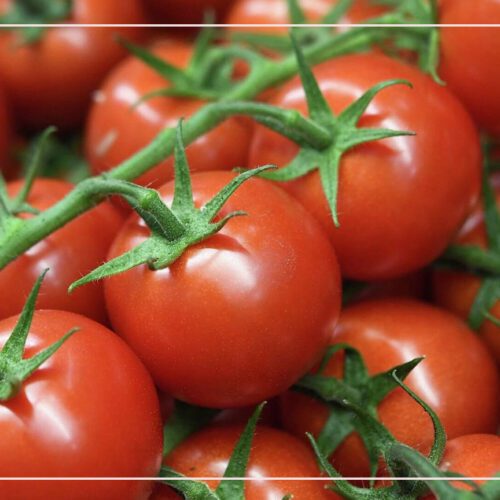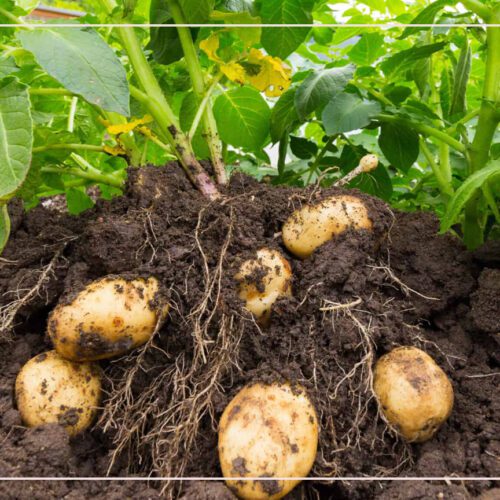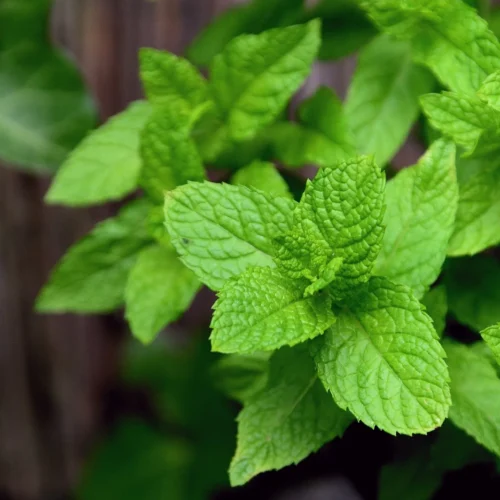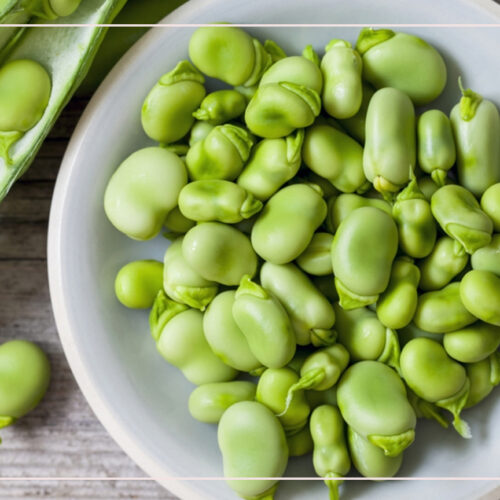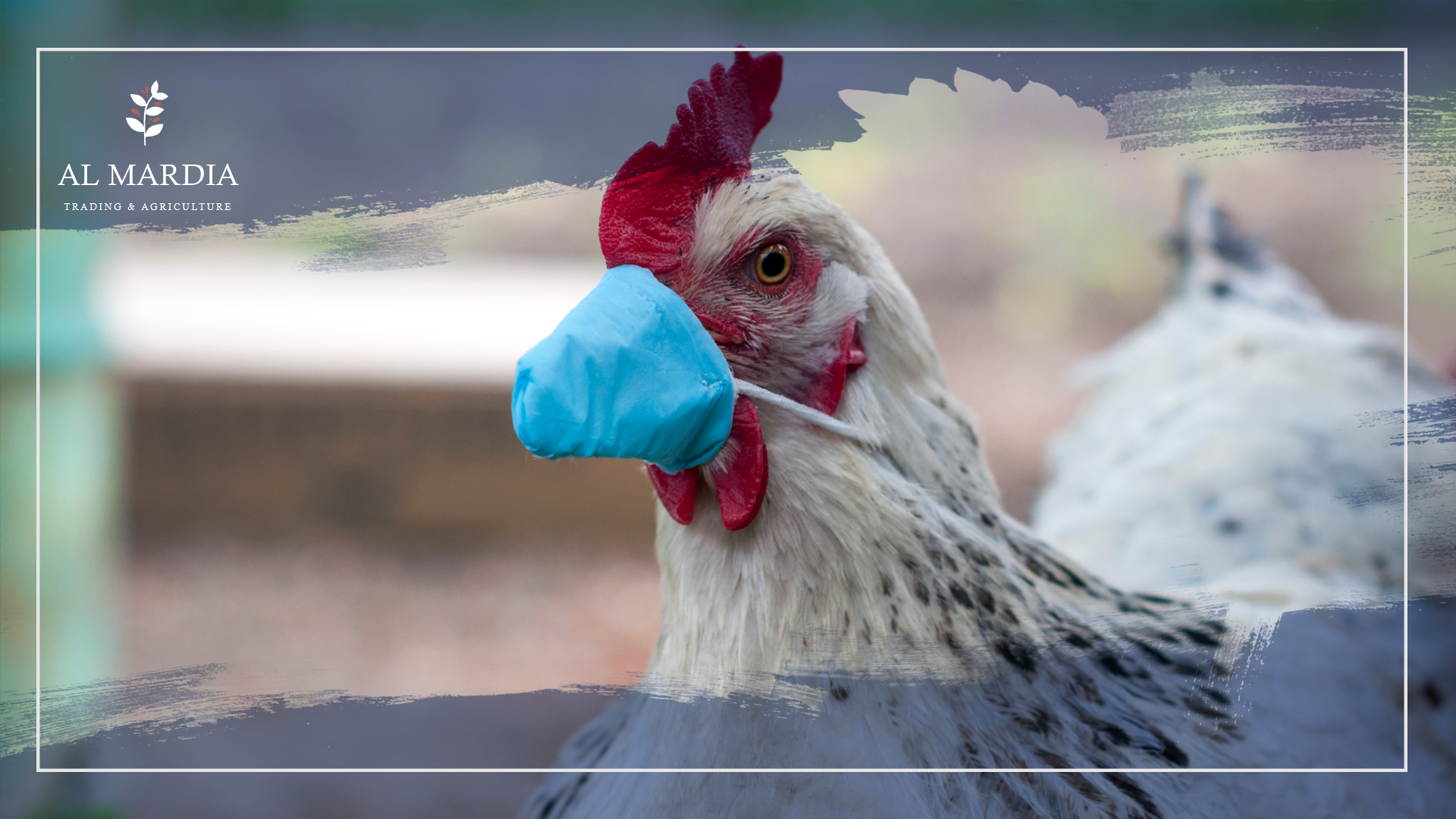
Learn About Poultry and Their Immune System
Birds’ defense mechanism starts to develop in the embryonic phase; however, immunocompetence doesn’t appear until several days post-hatch. Embryos and chicks have their immunity against microbial infection by maternal antibodies in the yolk during the first days after hatching and in the incubation phase. Valuable information will be mentioned in this article to learn about poultry and their immune system.
In fact, immune system usually completes developing the lymphoid tissues in the first-week post- hatch and they can be vaccinated with a completely effective immune reaction.
“Vaccination after one week of hatching is necessary because of the absence of continuous maternal immunity.”
Poultry farmers don’t apply any vaccination in the first days because it doesn’t stimulate any immune reactions or antibody production.
The role of Immune system
The immune system would basically recognize foreign organisms and “non-self” antigens that can penetrate the body. It applies defense mechanisms starting with biological responses to isolate and then eliminate the antigens organisms and foreign substances.
Different mechanisms can be applied to achieve this mission successfully. For Example, the inactivation process of biological functions, rupture of the foreign substances (lysis), sedimentation of cells or foreign molecules (agglutination), or the engulfing and deactivation process (phagocytosis).
Many factors can affect the efficiency of poultry’s immune system, which is critical to their health and reproduction abilities. There are two units in the immune system innate and adaptive. They both function together to protect the bird against the virus, pathogenic bacteria, and all disease-causing factors. Furthermore, they would create an effective defense against all variable invading pathogens protecting and maintaining the bird’s health.
Innate immunity
It is the natural or inherited ability to resist pathogenic organisms. In other words, it’s the ability to manage all mechanisms that come into activation right after an antigen appears in the body.
Adaptive immunity
It is also known as acquired immunity, and this kind is more complicated than innate immunity. In adaptive immunity, the first step is to recognize the foreign substance or the antigen. After that, the acquired immune system generates an army of cells recruited specifically to attack this foreign organism and nothing else. Adaptive immunity is divided into two forms:
RELATED TOPIC: What Do Chickens Eat for a Regular Day?
Passive immunity
There is no memory in the immune system to remember the antigen. In other words, it won’t produce any immune cells or antibodies as long as it is not stimulated.
The recently hatched chicks are so fragile and their immune system is unable to be activated during the first-week post-hatch. The alternative solution to overcome this problem is the immunity that they get from their mother through the egg. This maternal immunity contains a variety of antibodies for all possible diseases and pathogenic organisms against which their mother has been vaccinated. The level of maternal immunity passed on by the mother to the egg yolk is very close to what she has herself. It’s essential to provide the breeder hen with different antibodies and frequently boost its immunity to ensure she has a high enough level of immunity before laying eggs.
“Any decline in the breeder immunity would result in reducing her offspring’s ability to survive against pathogens through the early period soon after hatching. “
These antibodies form a short-lived immunity but it’s long enough to provide the necessary defense for the first week post-hatch while the chick’s immune system comes into function.
Poultry farmers need to be aware of the immunity level of the flock in order to appropriately schedule their vaccinations as necessary. If recently post-hatch chicks get vaccinated during the maternal immunity period and the level of antibodies is still high, then the vaccine may be deactivated and neutralized by the maternal immunity which could reduce the immune response.
Active immunity
It represents the immunity that a bird obtains from its immune system which must be activated or stimulated to start producing antibodies. These defense mechanisms have memory which enables the immune system to remember most of the invaders. Consequently, this will help to manage a better and more efficient response to new exposure to the same antigen and produce specific antibodies to fight against that particular invader only. This form of immunity is divided into two components; cellular and non-cellular:
The non-cellular component includes the short-lived antibodies and the cells that produce them. Antibodies are not able to kill the disease-causing organisms directly. They just attach to these organisms and prevent their activities by blocking their receptors.
The cellular component includes all selective cells that react with antigens except those related to antibody production. We called these associated-to-system cells the T-cells which are responsible for several actions.
Some T-cells are specialized for destroying disease organisms. Others produce chemical substances called ‘lymphokines’. Some T-cells enhance the B-cells activity while others do the opposite to guarantee full control over the B-cells behavior.
Tips to maintain good bird health
To maintain a flock of poultry in good health, the farmer must:
- Keep health challenges and trouble as low as possible.
- Enhance the flock’s resistance as possible by keeping the flock in good health. Providing regular boosting of the immune system would help to produce antibodies to fight all foreign invaders.
- In some cases, poultry needs regular boosting to have an effective immune system, while in other cases, less stimulation and boosting procedures are required.
You can now check the full list of Avian Products
produced by Almardia Group
Common Questions:
What are the common diseases of poultry?
- Parasitism.
- Newcastle Disease
- Viral Diseases.
- Marek Disease
- Avian Encephalomyelitis.
- Infectious Bronchitis.
- Avian Influenza.
- Fowl pox.
How can I increase my chicken’s immunity?
Vegetables like broccoli, kale, lettuce, and cabbage are very recommended. It would be added to the flock’s diet to significantly strengthen their immunity.
How often should chickens be vaccinated?
Many farmers give their folks two injections four weeks apart followed by an annual booster. While others might use the vaccine in the water three times before the bird reaches maturity.

